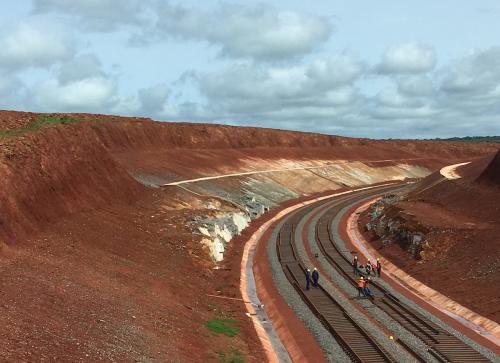The new oil and gas discoveries in East Africa, and especially in Kenya’s Turkana country, have the power to be drivers of development in the region, if managed effectively. However, many potential obstacles that have plagued resource-rich countries before, including weak institutions, inadequate macroeconomic policies, poor governance and lack of profit-sharing mechanisms among the relevant stakeholders (local communities, central government, current and future generations, and national and international private sector investors) could threaten and even derail effective use of these resources to improve the lives’ of those in the region.
In reflection on a recent event on the oil discoveries in East Africa, co-hosted by Oxfam America and the Brookings Africa Growth Initiative, I recently sat down with John M. Omiti and Joseph Kieyah, scholars from the Kenya Institute for Public Policy Research and Analysis (KIPPRA), one of the Africa Growth Initiative’s partner think tanks, to discuss the Kenyan perspective of the African oil boom and the country’s particular expectations for, challenges of and responses to oil discoveries in Turkana county. John is KIPPRA’s executive director of KIPPRA and Joseph is a principal policy analyst there as well as the head of its private sector division.
John sheds light on the oil discoveries in Kenya’s Turkana county and the high expectations around them:
John highlights the importance of transparency, strong institutions, and profit- and production-sharing mechanisms for effective natural resource management:
Joseph speaks on Kenya’s macroeconomic benefits and social challenges from its new oil discoveries:
Joseph explains Kenya’s unique advantage in governing and managing natural resources:



Commentary
Kenya and the Oil Boom: Benefits and Challenges of Discoveries in Turkana County
February 24, 2014